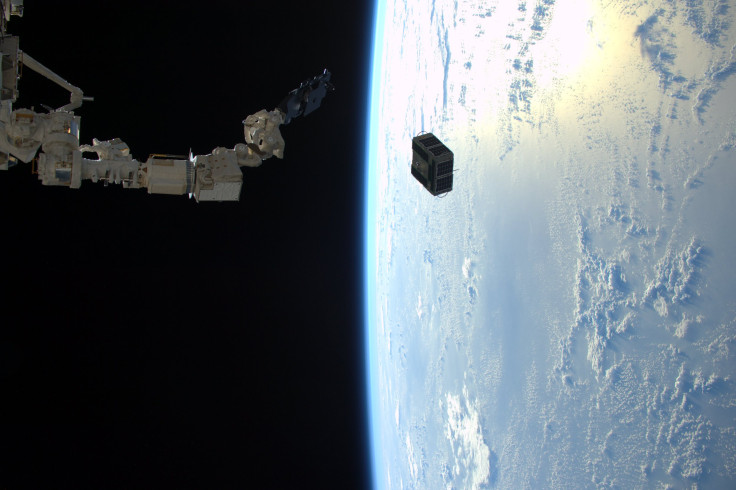What We Know About Space Is Wrong? The Universe Is Actually Flat, Scientists Say

The entire universe could be a "vast and complex hologram," scientists announced Monday after studying the cosmic microwave background, or the thermal energy leftover after the Big Bang, with powerful new telescopes. The novel theory claims that although we think the world around us is 3D it's actually flat.
"Imagine that everything you see, feel and hear in three dimensions (and your perception of time) in fact emanates from a flat two-dimensional field," said study co-author Kostas Skenderis of the U.K.'s University of Southampton. "The idea is similar to that of ordinary holograms where a three-dimensional image is encoded in a two-dimensional surface, such as in the hologram on a credit card. However, this time, the entire universe is encoded."
The theory looking at the universe in two-dimensional form could change the way we think about the universe and Albert Einstein, including what we know about how space and time exist. It's been around since the 1990s, but the latest study is the biggest push for it yet.
"Einstein's theory of general relativity explains almost everything large scale in the universe very well, but starts to unravel when examining its origins and mechanisms at quantum level," Skenderis said. "Scientists have been working for decades to combine Einstein's theory of gravity and quantum theory. Some believe the concept of a holographic universe has the potential to reconcile the two. I hope our research takes us another step towards this."
The study was published in the journal Physical Review Letters by scientists from Canada, England and the U.S. It didn't actually prove that the early universe was a hologram, but showed it was a possibility, Gizmodo reported.
“It’s holographic in the sense that there’s a description of the universe based on a lower dimensional system consistent with everything we see from the Big Bang,” Niayesh Afshordi, the study’s first author from the University of Waterloo in Canada, told Gizmodo.
© Copyright IBTimes 2024. All rights reserved.






















